As a vegan, prioritizing your health through a well-rounded diet is crucial to thriving on a plant-based lifestyle. Have you ever wondered if you’re getting all the essential nutrients your body needs to support your well-being? In this blog post, we will delve into the key nutrients that you, as a vegan, should pay special attention to in order to ensure that you stay healthy and energized. Let’s empower ourselves with knowledge and make informed choices for our health and longevity.
Find Your Next Favorite Vegan Bestsellers for Optimal Nutrition!
Why Vitamin B12 is Essential for Vegans
Introduction:
Vitamin B12, also known as cobalamin, is a crucial nutrient required by the body to maintain healthy nerve cells, support the formation of DNA, and help prevent anemia. While this vitamin is predominantly found in animal-based products, it is essential for individuals following a vegan lifestyle to understand the importance of supplementing with Vitamin B12.
Vegan Diet Impact:
* Inadequate Intake: Vegan diets can often lack in Vitamin B12 due to its absence in plant-based foods. * Risk of Deficiency: Deficiency in Vitamin B12 can lead to fatigue, weakness, neurological issues, and anemia.* Importance of Supplementation: While fortified foods and nutritional yeast can provide some B12, taking a Vitamin B12 supplement is an effective way for vegans to ensure they meet their daily requirements.
Choosing the Right Supplement:
When selecting a Vitamin B12 supplement, consider the following factors:
- Type of B12:
- Cyanocobalamin: A common and cost-effective form of B12 found in various supplements.
- Methylcobalamin: Considered easier for the body to absorb.
- Dosage:
- Recommended daily allowance is around 2.4 micrograms, but higher doses can be necessary for some individuals, such as older adults.
- Brands:
- Nature Made: Offering a range of Vitamin B12 supplements catering to different needs.
- Garden of Life: Providing vegan-friendly B12 supplements made from whole foods.
- MegaFood: Known for its high-quality and bioavailable B12 supplements.
Incorporating Vitamin B12 Supplementation:
* Consult a healthcare provider for guidance on the correct dosage for your individual requirements.* Regularly review B12 levels to ensure adequacy.
Conclusion
Whether through sublingual tablets, oral sprays, or fortified foods, vegans have various options to effectively supplement Vitamin B12 and support their overall health.
Note: While being specific, do consult with a nutritionist or healthcare provider for personalized advice tailored to your dietary needs.
Iron
Iron is an essential mineral that plays a crucial role in multiple bodily functions, including the transportation of oxygen in the blood. While it is important to ensure an adequate intake of iron, where you get your iron from can impact how efficiently your body absorbs it.
Sources of Iron: Plant-Based vs. Animal-Based
Plant-Based Iron Sources:
- Legumes (chickpeas, lentils, black beans)
- Leafy greens (spinach, kale)
- Seeds (pumpkin seeds, hemp seeds)
- Iron-fortified cereals
Animal-Based Iron Sources:
- Red meat (beef, pork, lamb)
- Poultry (chicken, turkey)
- Seafood (oysters, salmon)
Absorption of Iron
Iron from plant-based sources is known as non-heme iron, which the body doesn’t absorb as easily compared to heme iron from animal sources. This difference can be significant for individuals who rely predominantly on plant-based diets and may be at risk of iron deficiency.
Enhancing Iron Absorption:
Incorporating vitamin C-rich foods into meals alongside plant-based sources of iron can significantly enhance iron absorption.
- Enjoy a spinach salad topped with sliced strawberries or bell peppers to boost your iron intake.
- Drink a glass of orange juice with your iron-fortified cereal in the morning for a nutritious breakfast.
Studies have shown that pairing iron-rich foods with sources of vitamin C can increase the body’s ability to absorb non-heme iron, ensuring you get the full benefit of these plant-based nutrients.
Iron supplements can also be beneficial for individuals who struggle to meet their iron needs through diet alone. Brands like Nature Made offer iron supplements that are gentle on the stomach, providing a convenient solution to maintain healthy iron levels.
Calcium
Calcium is an essential mineral that is vital for maintaining strong bones and teeth, as well as supporting muscle function, nerve transmission, and enzyme activity. For vegans, it is important to be mindful of their calcium intake since dairy products, which are traditionally rich sources of calcium, are not consumed.
Sources of Calcium for Vegans
Vegans can still meet their calcium needs through a variety of plant-based sources. Here are some examples:
- Fortified Plant Milks: Brands like Silk, Almond Breeze, and Oatly offer a range of plant-based milk alternatives fortified with calcium. These milks can easily be used in place of cow’s milk in cereals, smoothies, and recipes to boost calcium intake.
- Tofu: Tofu, particularly calcium-set tofu like Mori-Nu firm silken tofu, is a great source of calcium. Incorporating tofu into stir-fries, curries, and salads can help vegans meet their daily calcium requirements.
- Leafy Greens: Vegetables like kale, bok choy, and broccoli are rich in calcium. Including a variety of leafy greens in meals, such as sautéed kale or a broccoli stir-fry, can contribute to calcium intake.
Calcium Absorption Enhancers and Inhibitors
To maximize calcium absorption, it is important to consider certain factors:
- Vitamin D: Adequate vitamin D levels help the body absorb calcium efficiently. Some plant milks, like Almond Breeze Vitamin D, are fortified with vitamin D alongside calcium for optimal absorption.
- Phytates and Oxalates: While plant foods are beneficial for health, compounds like phytates (found in whole grains and legumes) and oxalates (found in spinach and beet greens) can inhibit calcium absorption. Balancing these foods with calcium-enhanced choices can help overcome this challenge.
Meeting Your Calcium Needs as a Vegan
By incorporating a diverse range of calcium-rich foods into their diet and paying attention to the factors influencing calcium absorption, vegans can ensure they are meeting their daily calcium requirements for overall health and wellbeing. Remember, taking small steps each day can lead to significant long-term benefits for bone health and overall well-being. So, try to include at least one source of calcium-rich food in every meal to support your vegan lifestyle.
Sources of Omega-3 Fatty Acids for Vegans
Making sure you’re getting an adequate intake of omega-3 fatty acids is crucial for maintaining good health, particularly for vegans. Omega-3s play a key role in brain health, heart health, and reducing inflammation in the body. Fortunately, there are plenty of plant-based sources available to help vegans meet their omega-3 needs.
Flaxseeds
Flaxseeds are a fantastic source of omega-3s for vegans. These tiny seeds are rich in alpha-linolenic acid (ALA), a type of omega-3 fatty acid that is essential for your body. Simply sprinkle ground flaxseeds on your morning oatmeal or blend them into smoothies to boost your omega-3 intake.
Chia Seeds
Chia seeds are another plant-based superfood packed with omega-3 fatty acids. These seeds are incredibly versatile and can be made into delicious chia pudding for a nutritious and omega-3-rich snack. Chia seeds also provide a good amount of fiber and protein!
Walnuts
Walnuts are not only a tasty nut but also a great source of omega-3s. Snack on a handful of walnuts throughout the day, add them to salads, or even include them in baked goods for an extra omega-3 boost. Walnuts are a convenient and delicious way to incorporate more omega-3s into your diet.
Algae-Based Supplements
For those who may not enjoy consuming seeds or nuts, algae-based supplements can be a convenient option to ensure you are getting an adequate amount of omega-3s. Brands like Ovega-3 and Nordic Naturals offer vegan-friendly algae oil supplements that provide a concentrated dose of the beneficial EPA and DHA omega-3 fatty acids.
Comparison Table: Vegan Omega-3 Sources
| Source | Omega-3 Content | Convenience | Rich in Other Nutrients |
|---|---|---|---|
| Flaxseeds | ALA omega-3 fatty acid | Easy to incorporate into recipes | High in fiber |
| Chia Seeds | ALA omega-3 fatty acid | Versatile and nutritious | Good source of protein |
| Walnuts | ALA omega-3 fatty acid | Delicious snack option | Rich in antioxidants |
| Algae Supplements | EPA and DHA omega-3 fatty acids | Easy to consume in capsule form | No fishy aftertaste |
In Conclusion…
Remaining mindful of your omega-3 intake as a vegan shouldn’t be a difficult task. By including these plant-based sources of omega-3 fatty acids in your daily diet, you can ensure that your body receives the necessary nutrients for optimal health!
Key Takeaways
In conclusion, it is vital for vegans to be mindful of essential nutrients such as B12, iron, calcium, and omega-3s in order to maintain optimal health. Seeking guidance from healthcare professionals or nutritionists is advisable to ensure a well-rounded vegan diet that meets individual needs.
Nourishing Answers to Your Vegan Nutrition Questions
Are there any specific omega-3 fatty acids that vegans need to focus on incorporating into their meals?
Yes, vegan individuals can benefit from focusing on incorporating certain omega-3 fatty acids into their meals, specifically EPA (eicosapentaenoic acid) and DHA (docosahexaenoic acid). These long-chain omega-3 fatty acids are predominantly found in fish, but vegans can obtain them from plant-based sources such as algae-derived supplements or foods fortified with these nutrients. It’s important for vegans to pay attention to including these specific omega-3 fatty acids in their diets to support overall health and well-being.
Are there any supplements recommended for vegans to support their overall nutrient intake?
Yes, there are several supplements recommended for vegans to support their overall nutrient intake, as certain vitamins and minerals are found primarily in animal products. These include Vitamin B12, Vitamin D, Omega-3 fatty acids, Iron, Calcium, and Zinc. It is important for vegans to ensure they are getting an adequate intake of these nutrients either through fortified foods or supplements to prevent deficiencies and promote overall health. Consulting a healthcare provider or nutritionist can help determine which supplements are necessary based on individual dietary needs.
Which nutrients should vegans be especially mindful of to prevent deficiencies?
Vegans should be especially mindful of certain nutrients to prevent deficiencies in their diet. These nutrients include vitamin B12, vitamin D, omega-3 fatty acids, iron, calcium, zinc, and protein. It is essential for vegans to ensure they are consuming these nutrients through fortified foods, supplements, and a well-balanced plant-based diet to maintain good health and prevent deficiencies. Consulting with a healthcare provider or a registered dietitian can help to address any concerns and ensure adequate intake of these essential nutrients.
What plant-based sources provide essential vitamins like B12 and D3?
Plant-based sources do not naturally contain vitamin B12, as it is primarily found in animal products. However, fortified foods like plant-based milk and breakfast cereals may have added B12. Vitamin D3 is mainly found in animal products, but some sources of vitamin D2 found in mushrooms can be suitable for vegans. So, while it’s always a good idea to consult with a healthcare professional to ensure you meet your vitamin requirements, incorporating fortified plant-based foods can help meet your needs for B12 and D3.
How can vegans ensure they get enough protein in their diet?
Vegans can ensure they get enough protein in their diet by including a variety of plant-based sources such as legumes (lentils, chickpeas, black beans), tofu, tempeh, edamame, quinoa, nuts, seeds (chia, hemp, flax), and whole grains like brown rice and oats. It is important for vegans to be intentional about combining these protein sources to ensure they are consuming all the essential amino acids their body needs for good health. Additionally, there are many vegan protein supplements available in the market to help meet their protein requirements. Always consult a healthcare provider or nutritionist before making significant dietary changes.
How can vegans optimize their intake of zinc and iodine from plant-based sources?
Vegans can optimize their intake of zinc by consuming foods like legumes, nuts, seeds, whole grains, and tofu. To increase absorption, it is helpful to soak, sprout, or ferment these foods. Likewise, adding zinc-rich foods such as pumpkin seeds, lentils, quinoa, and chia seeds into daily meals can help reach the recommended intake levels.
For iodine, vegans can consider incorporating iodized salt into their diet. They can also consume seaweed or seaweed-based products, such as nori or kombu. It’s essential to be mindful of the iodine content in these sources and not consume them excessively due to potential risks of overconsumption. Maintaining a balanced and varied diet rich in these plant-based sources can help vegans meet their zinc and iodine needs.
What are the best sources of iron and calcium for a vegan diet?
Some of the best sources of iron for a vegan diet include legumes (such as lentils and chickpeas), tofu and tempeh, fortified cereals, quinoa, nuts and seeds (like pumpkin seeds and sesame seeds), and dark leafy greens (such as spinach and swiss chard).
For calcium, good sources for a vegan diet include fortified plant-based milk (such as almond or soy milk), fortified orange juice, tofu made with calcium sulfate, tahini, almonds, and dark leafy greens (like kale and collard greens). Consuming a variety of these foods can help vegans meet their iron and calcium needs without relying on animal products.

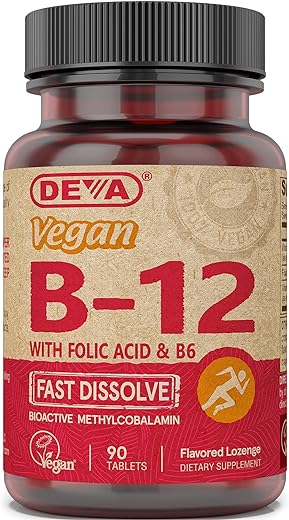









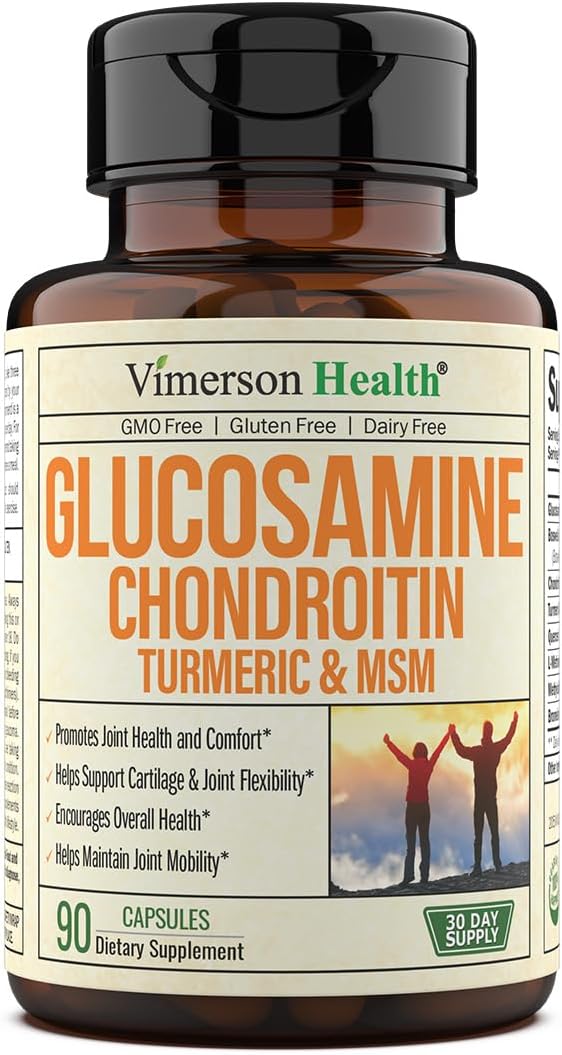

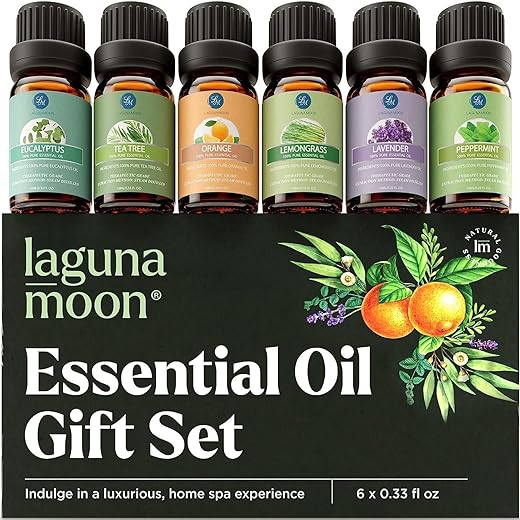
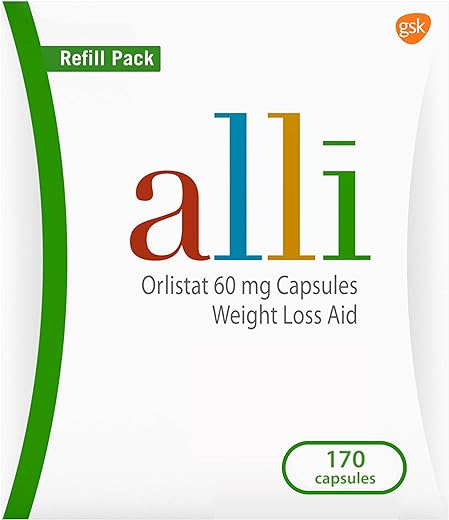
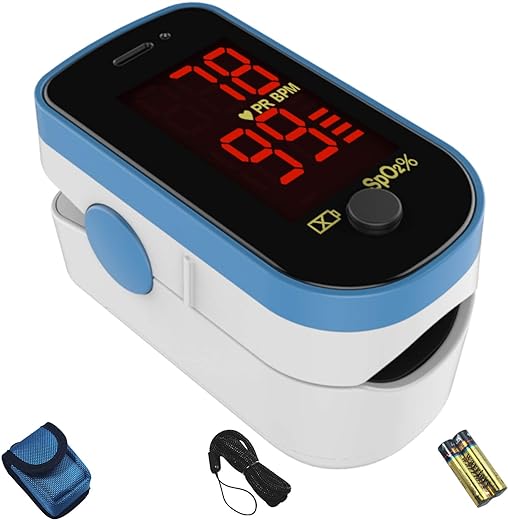
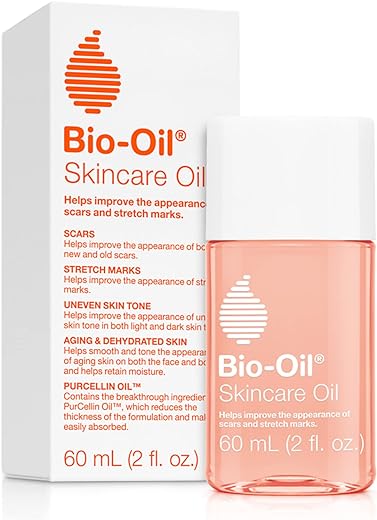
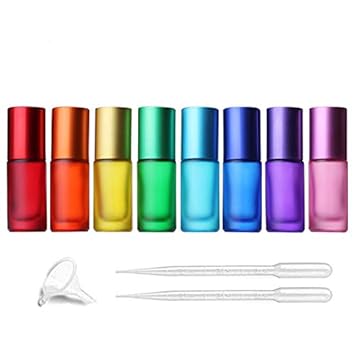

Could you explain the difference between heme and non-heme iron sources for vegan diets?
Can you provide more information about sources of Omega-3 fatty acids for vegans?
The debate on whether vegans need to supplement with Omega-3 is interesting. Would love to see a follow-up article discussing this further.
Thank you for your input! I’ll look into exploring the topic of Omega-3 supplementation for vegans in a future article.
I have personally struggled with getting enough iron on a vegan diet. It would be helpful to learn more about iron absorption tips.
Iron absorption can be challenging for vegans. I’ll consider addressing tips for improving iron absorption in a future article.
I found that incorporating fortified plant milks in my diet helped me meet my calcium needs. Sharing this tip for other vegans!
I tried adding nutritional yeast to my meals for Vitamin B12. It made a noticeable difference in my energy levels. I recommend giving it a try.
Thank you for sharing your experience! Nutritional yeast is indeed a great source of Vitamin B12.